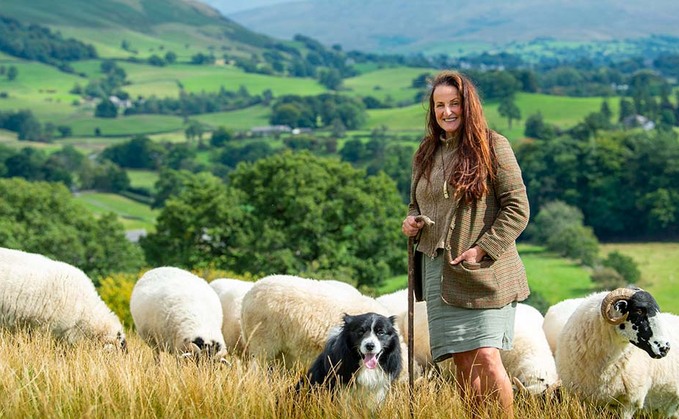
Alison O'Neill had always wanted to farm and has certainly found her niche. Emily Ashworth meets her to find out how she has built her business up from nothing. Alison O'Neill's entire home is accentuated...

Alison O'Neill had always wanted to farm and has certainly found her niche. Emily Ashworth meets her to find out how she has built her business up from nothing. Alison O'Neill's entire home is accentuated...